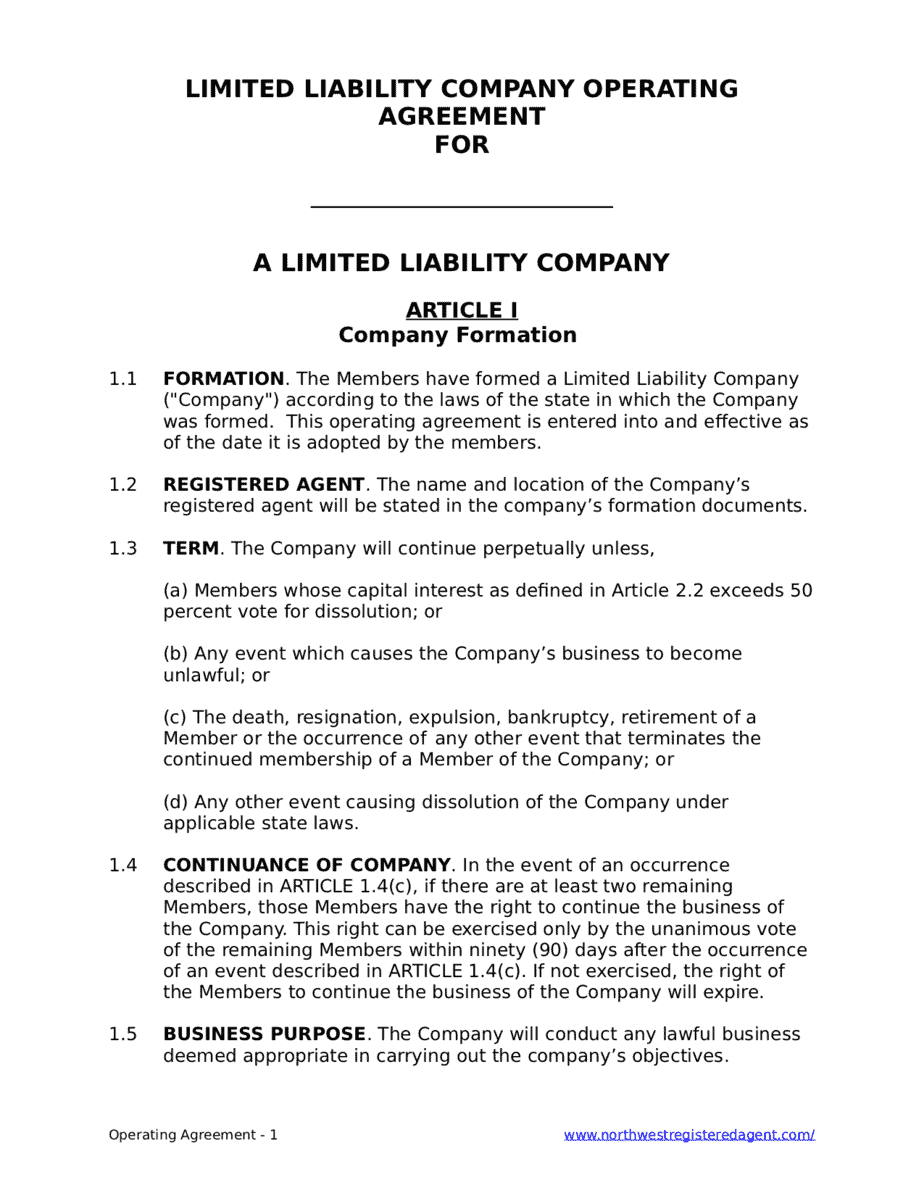Mou vs term sheet
What is the difference between Mou and Loi? A letter of intent or LOI is a document outlining an agreement between two or more parties before the agreement is finalized. Although the terms refer to different documents, the differences are often formal in nature, reflecting different drafting styles or business customs, not a substantive difference in what these various documents accomplish. While an MOU can be a good method of recording the key terms or areas of agreement between the parties, getting these terms down on paper to allow for later expansion into an agreement can be tricky. Similar to a contract, a memorandum of understanding is an agreement between two or more parties.
Unlike a contract, however, an MOU need not contain legally enforceable promises. While the parties to a contract must intend to create a legally binding agreement, the parties to an MOU may intend otherwise. Memorandum of Understanding - MOU : A memorandum of understanding ( MOU ) is a nonbinding agreement between two or more parties outlining the terms and details of an understanding, including each. Thus, it is important to understand the difference between LOI and MOU clearly.
Letter of Intent vs. Both LOI and MOU are heavily used in transactions of personal and business nature. Whether it is titled a term sheet , a letter of intent, a memorandum of understanding or, yes, even peaches, as the president once jokingly referred to his proposed border wall, one should be.
Contract labels such as term sheet , letter of intent and MOU are often used casually and interchangeably in the business world with the presumption that such documents represent the mere nonbinding. The label isn’t important, and in terms of their structure and drafting there is no. A term sheet may also be known as a letter of intent, a memorandum of understanding (or MOU) or heads of terms. Using a term sheet has certain benefits. They capture the broad intent of the parties and any terms that the parties consider essential to a commercial relationship.
They are typically non-binding and are invariably followed by execution of definitive agreements. Also known as a letter of intent or memorandum of understanding. Answer: There is no substantial difference between a term sheet and heads of agreement. The terminology can often be used interchangeably. This document is also sometimes called a memorandum of understanding.
A term sheet is often used prior to the signing of a more complicated deal or the undertaking of a large deal, for example, a sale of business, asset or share sale worth millions of dollars. The document summarizes the main points of the deal agreements and sorts out the differences before actually executing the legal agreements and starting off with the time-consuming due diligence. A term sheet is a written document the parties exchange containing the important terms and conditions of the deal. Term Sheet Overview.
A “letter of intent” outlines the parties’ intentions and desires in a contract negotiation. A “term sheet” is a listing of bullet points outlining the specific provisions to be included in a formal agreement. Parties use MOUs to quickly and inexpensively set out the commercial terms of a transaction. They do this ahead of entering into a formal contract to get the deal moving. Generally, the term sheet includes provisions related to funding, corporate governance, and liquidation events.

A Memorandum of Agreement (MOA) and a Memorandum of Understanding ( MOU ) are interchangeable terms. Both documents are used as written agreements between two or more parties to: Outline the purpose and details of a project. State the benefit received by each party. Partners should schedule ‘review points’ ().
By this stage you’ve put in a ton of sweat equity, honed a product, crafted a successful pitch deck.

Comments
Post a Comment